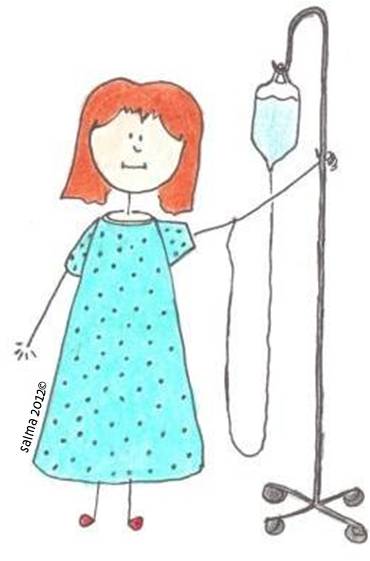Charting the Territory: Determining and Documenting Trajectories of Families where a Child has a Life-Threatening Condition
 The Charting the Territory study started in 2009, with the ultimate goal of bridging the gaps in knowledge about the trajectory of children with rare, progressive diseases and about how their families are affected. Over 200 families participated, enrolling children and families through several clinics at Children’s Hospitals across 7 Canadian cities and 2 cities in the United States.
The Charting the Territory study started in 2009, with the ultimate goal of bridging the gaps in knowledge about the trajectory of children with rare, progressive diseases and about how their families are affected. Over 200 families participated, enrolling children and families through several clinics at Children’s Hospitals across 7 Canadian cities and 2 cities in the United States.
This study looked at how symptoms progress over time and also invited families to answer questions about their quality of life to improve our understanding of how to best care for these vulnerable children in the future. Using a holistic approach that examined the bio-psychosocial-spiritual dimensions within a longitudinal, prospective approach as families move from diagnosis through bereavement.
This knowledge will enable practitioners and policymakers to better understand the realities of families where a child has a progressive life-threatening condition and design appropriate intervention and support strategies.
Please click here for articles resulting from this project

Principal investigators:
Hal Siden, MD, MHSc; Rose Steele, RN, PhD
Co-Investigators:
Susan Cadell, MSW, PhD; Betty Davies, RN, PhD, FAAN; Lynn Straatman, MD, FRCPC; Rollin Brant, PhD;
Collaborators:
Dawn Davies, MD; Stefan J. Friedrichsdorf, MD; Helly Goez, MD; Marie-Claude Gregoire, MD; Stephen Liben, MD; Adam Rapoport, MD; Scott Schwantes, MD; Sharron Spicer, MD; Christina Vadeboncoeur, MD
Any questions related to this study may be directed to Gail Andrews
Research Coordinator Developmental Neurosciences and Child Health
University of British Columbia
4480 Oak St.,Vancouver BC, V6H 3V4
Phone: 604-875-2000 Ext. 5345
Research Highlights:
- When a child is sick, it impacts on the family (parents and siblings) and the impact may extend over time, from diagnosis through bereavement.
- Symptoms change over time; it is important for families and clinicians to have more information about how troubling symptoms evolve. This is especially true for rare metabolic, neurological and chromosome conditions, about which we do not know very much.
- Children with progressive conditions undergo a large number of procedures, take many medications, and are often in hospital, especially intensive care.
- The trajectory for children, even those with life-threatening conditions referred to palliative care, is difficult to predict.